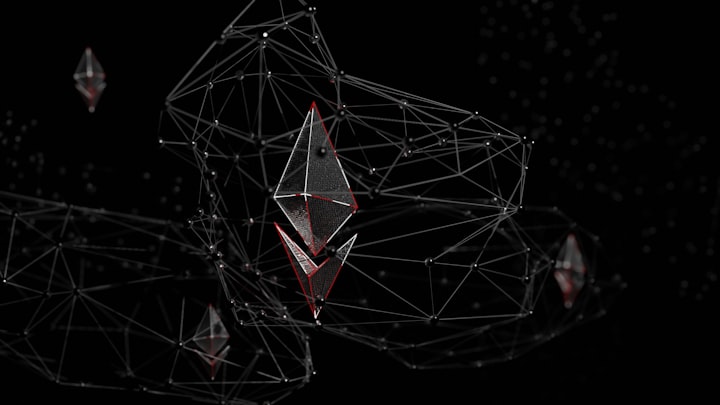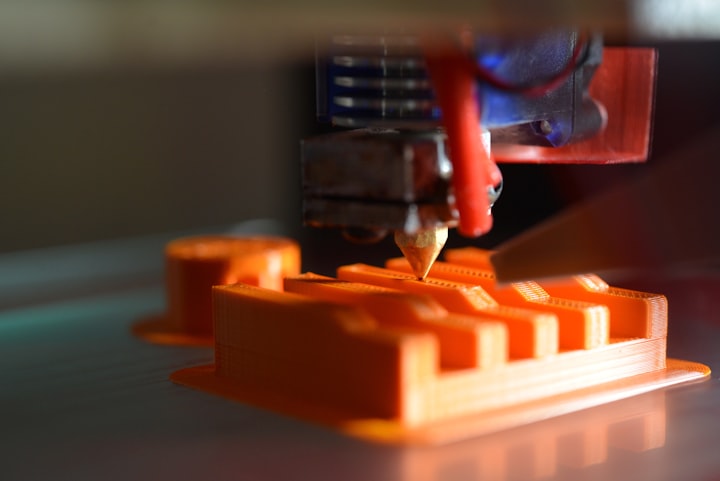Apps on Blockchains or dApps - Solana Polygon Vs Ethereum Hosting
dapps or Apps on Decentralized Networks

What are dApps? In the simplest of terms, a dApp is a decentralized application. But what does that mean? A dApp is an app that runs on a decentralized network or on a blockchain. This could be a blockchain, a peer-to-peer network, or even the internet. The great thing about dApps is that they are not controlled by any single entity.
This means that there’s no central point of failure and no single point of control. This also means that dApps are more secure and less susceptible to hacking and other malicious attacks. There are many different types of dApps, but some of the most popular include: -Wallets -Exchanges -Games -Marketplaces
Apps on Blockchain
There are many different types of apps that can be built on top of a blockchain, or “dApps”. These decentralized applications have numerous advantages over traditional apps, including increased security, transparency, and immutability.
One popular type of dApp is a wallet application. These wallets allow users to store their cryptocurrency funds in a secure and convenient manner. Some popular wallet apps include Coinbase Wallet, Trust Wallet, and MetaMask.
Another popular type of dApp is a decentralized exchange (DEX). DEXes allow users to trade cryptocurrencies in a peer-to-peer fashion without the need for a central authority. Some popular DEXes include Binance DEX, Kyber Network, and AirSwap.
Finally, there are numerous other types of dApps that serve various other purposes such as games, social media platforms, andPrediction markets. The possibilities are endless when it comes to dApps and the potential uses for blockchain technology are only limited by our imagination.
Cost of Hosting Apps on Solana
The cost of hosting apps on Solana is very reasonable. For example, the cost of hosting a basic app with 1GB of storage is only $0.50 per month. This price includes the cost of the infrastructure, bandwidth, and support.
Cost of Hosting Apps on Ethereum
While there are many benefits to developing decentralized applications (dApps) on a blockchain like Ethereum, there are also some associated costs. First, developers need to pay for gas fees in order to interact with the Ethereum network and deploy their dApp. Second, dApps require their own dedicated Ethereum node, which can be expensive to set up and maintain. Finally, users of dApps may also be required to pay fees in order to use the application.
Overall, the cost of hosting a dApp on Ethereum can be significant. However, it is important to weigh the costs against the benefits of decentralization. For many developers and users, the advantages of building on a public blockchain like Ethereum outweigh the financial costs.
Cost of Apps Hosting on Polygon
The cost of hosting an app on Polygon is very affordable. There are three main price points to consider:
1. The monthly subscription fee for the use of the Polygon network. This fee starts at $0.99 per month and scales according to the size and activity of your app.
2. The gas fees associated with deploying and running your app on the Ethereum network. These fees depend on the complexity of your app and can vary greatly depending on usage.
3. The transaction fees associated with users interacting with your app on the Ethereum network. These fees are also dependent on usage and can vary greatly depending on the actions taken by users within your app.
Overall, the cost of hosting an app on Polygon is very competitive when compared to other options available today.
Advantages of dApps
dApps have a number of advantages over traditional apps. For one, they are more secure. Because dApps are built on a decentralized network, there is no single point of failure. This makes it much more difficult for hackers to take down a dApp than a traditional app.
Another advantage of dApps is that they are censorship-resistant. Because there is no central authority controlling the dApp, no one can censor or shut it down. This makes dApps ideal for applications that might be controversial or subversive.
Finally, dApps are often cheaper to develop and deploy than traditional apps. Because there is no need to set up and maintain a central server, development costs are reduced. And because users interact directly with the decentralized network, there is no need for costly middlemen such as app stores or payment processors.
Media Reporting and dApps
Media reporting and dApps are two areas where blockchain technology is having a profound impact. dApps are decentralised applications that run on a network of computers rather than a single server. This means that they are not controlled by any central authority and are more resistant to censorship and fraud. Media organisations are beginning to explore how they can use blockchain technology to create more trustworthy news stories and to protect journalists from intimidation.
Blockchain technology could help to address some of the challenges that the media industry is currently facing. For example, it could be used to verify the authenticity of news stories, photos and videos. It could also help to prevent tampering with or falsifying journalistic content. In addition, blockchain-based solutions could be used to protect the anonymity of sources and whistleblowers.
There are already a number of dApps that have been created specifically for the media industry. These include NewsCoin, which aims to create a decentralized news platform, and Civil, which is designed to help journalism organizations collaborate more effectively. There are also a number of startups working on developing blockchain-based solutions for the media industry, such as Fluree PBC and Blockstack PBC.






Comments
There are no comments for this story
Be the first to respond and start the conversation.